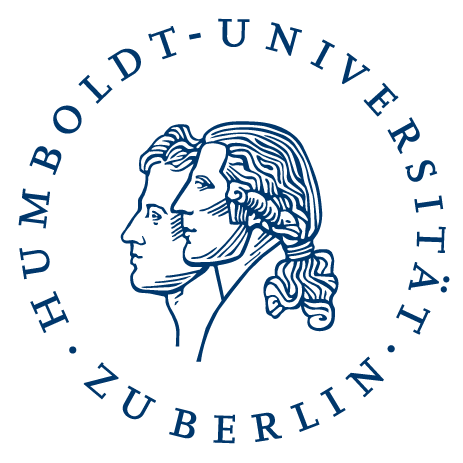METIS-Lecture 2025: Prof. Dr. Petra Ritter, “Decision Making Fast and Slow: Unconscious Bias and the Virtual Brain”
Date
Thursday, 13 November 2025, 2:00 p.m. – 4:00 p.m.
Language
English
Location
Online
Registration
Please register by emailing metis-online@hu-berlin.de. A Zoom link will be provided after registration.
Abstract
One way to understand discrimination is that it stems from an exclusionary decision-making process in the brain that influences our daily lives, yet we are often unconscious of the biases we hold. Even when we recognize that our actions are informed by biases, their underlying neural basis has remained a mystery. How does our brain’s structure shape our decisions? How are unconscious biases formed in the brain?
This online lecture explores how brain simulations—computational models of neural processes—can serve as powerful tools to investigate unconscious bias. Furthermore, it will explore how our modes of thinking can aid our awareness of these biases within the academic world.
Prof. Dr. Petra Ritter will address the influence of unconscious bias on our brains. She will present a framework for the simulation of individual human virtual brain twins (thevirtualbrain.org). She will discuss how brain simulation helps us understand human decision-making and its relationship to the unconscious bias that can lead to discrimination.
Speaker Biography
Prof. Dr. Petra Ritter is a medical doctor whose research focuses on large-scale brain simulations with the goal of understanding the human brain and improving individual patient treatments. Currently she is Director for International Affairs at the Charité Universitätsmedizin Berlin and Lifetime W3 Professor for Brain Simulation at the Berlin Institute of Health and Dept. of Neurology, Charité. Since 2017, she has served as the Director of the Brain Simulation Section at Charité. Prof. Dr. Petra Ritter coordinates the European Testing and Experimentation Facility for Health AI and Robotics.
Prof. Dr. Ritter earned the license to practice medicine in 2002 at Charité. She spent time abroad at multiple US universities for parts of her clinical traineeships and practical year. This was followed by her doctoral thesis and, in 2010, a habilitation in Experimental Neurology. She subsequently worked as a group leader at the Max Planck Institute for Human Cognitive and Brain Sciences and received appointments for full lifetime professorships at the Padova University (2016) and the Medical Faculty of the University Tübingen (2024) which she has declined. She has been rewarded with a prestigeous ERC Consolidator Grant (2016-2022).
Further Information






